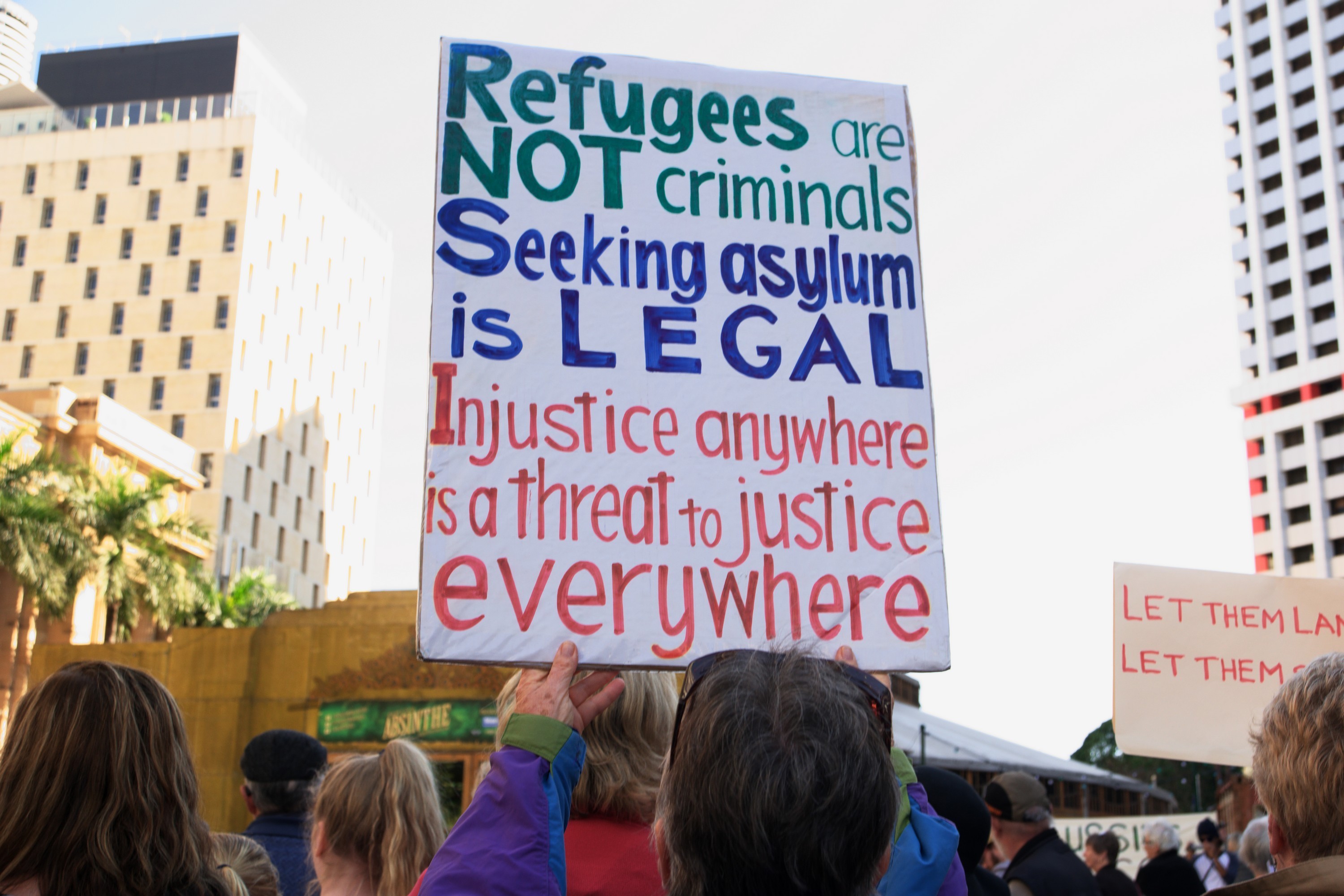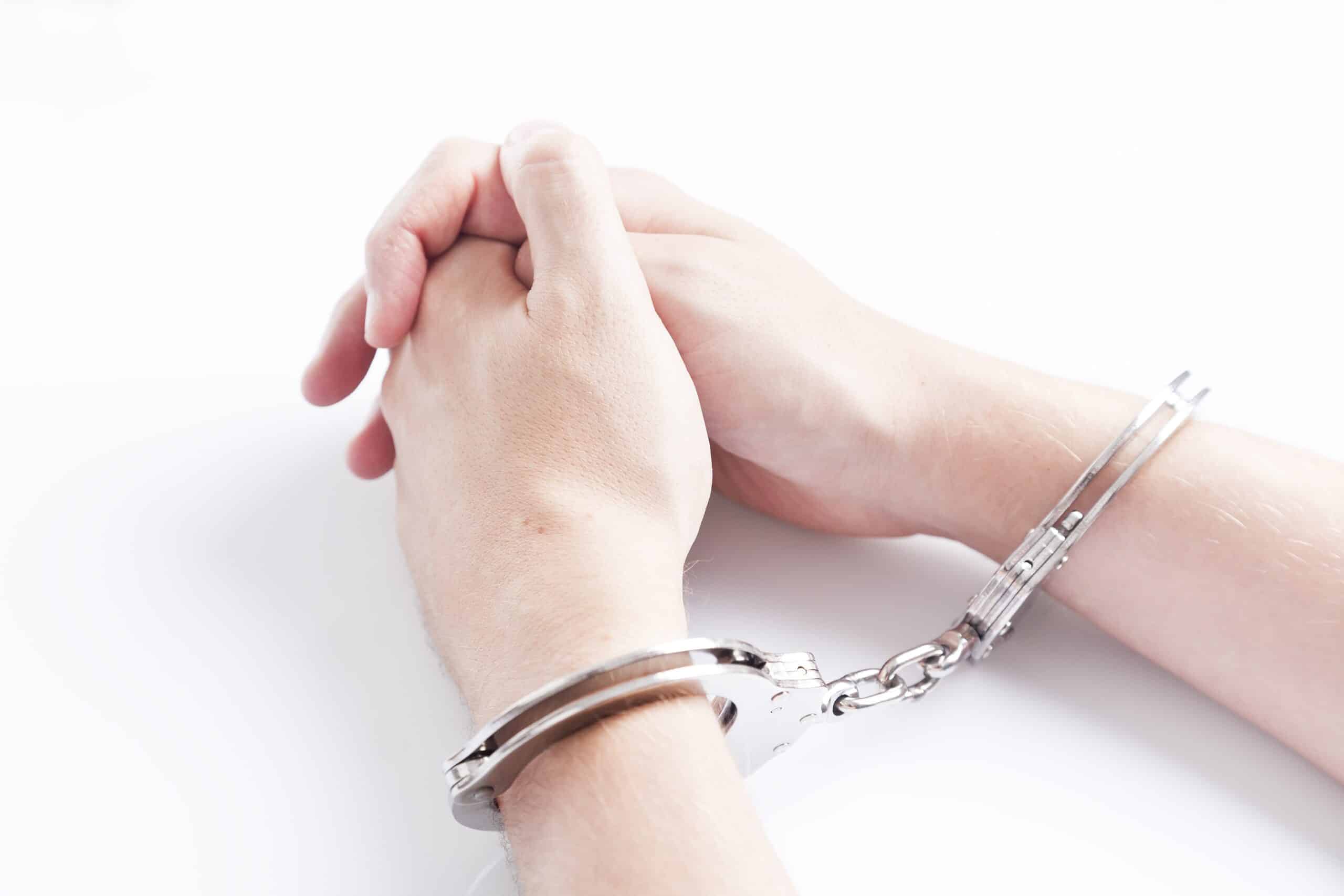Share This Article
By Poppy Morandin.
A proposed bill by the Federal Government may effectively further liken the experience of refugees in detention centres to individuals within corrective centres.
The Migration Amendment (Prohibiting Items in Immigration Detention Facilities) Bill 2020 will allow mobile phones and other internet-capable devices to be deemed “prohibited items”, the searching of detainees without a warrant, and would allow strip searches and detector dogs in centres.
Friends and family of detainees would also face similar treatment, as the bill plans to expand powers to screen and search visitors.
The explanatory memorandum details that the bill is for the purposes of “strengthen[ing] the Department of Home Affairs’ ability to regulate the possession of particular items in immigration detention facilities in order to ensure that the Department can provide a safe and secure environment for staff, detainees and visitors in an immigration detention facility.”
This has been motivated by claims that detainees are using devices to organise crime, intimidate staff members and fellow detainees, and “coordinate disturbances and escapes”.
When an authorised officer decides to seize a mobile phone or a SIM card, it states that they must consider “the existence of police recommendations or relevant court orders in relation to the detainee, and whether the detainee is a registered sex offender or has a history of child sex offences.”
Despite such a purported purpose, advocates have grave concerns that the power could extend beyond those with criminal history, and widely to migrants being held in detention facilities.
“Authorities already have the power to seize items and charge people in detention if they commit an offence. This is not the job for private contractors.” said Dr Graham Thom, Refugee Coordinator Amnesty International Australia.
“A phone can be utterly crucial in maintaining contact with family and loved ones who are separated across borders and between walls.” said Sally Rugg, Executive Director of Change.org.
“Taking away phones from detained people who’ve committed no crime is heinous” she continued.
Currently, Labor and the Greens have asserted that they will not vote in favour of the bill, with potential success within passing the bill now relying on independents such as Jacqui Lambie, who has effectively asked the people what her stance should be via her website.
A version of the bill was previously proposed, within the Migration Amendment (Prohibiting Items in Immigration Detention Facilities) Bill 2017, however the Full Court of the Federal Court in ARJ17 v Minister for Immigration and Border Protection(2018) FCAFC 98 ruled it was invalid on the basis that it was not authorised by any provision of the Migration Act.
The version of the bill currently being debated, has most of the same provisions of the 2017 version of the bill, despite this precedent.
After the decision of the Federal Court, which permitted detainees to have phones, the Australian Human Rights Commission found that their impact was overly positive, with detainees able maintain contact with family members and friends.
It meant that mobile phones were essentially “critical to their ability to cope with the mental health and other impacts of prolonged immigration detention.”
Australia’s immigration detention centres face exceptionally high rates of self-harm, which has been correlated to the impact of detention.
The integral nature of this ‘lifeline’ is emphasised now more than ever, as the pandemic has led to the suspension of face-to-face visits, which will likely only be gradually resumed.
“Many of the men and women who are held in detention will have experienced persecution, trauma and oppression at the hands of their Government or powerful individuals in their home countries. And here they are in Australia, a country where they sought protection, effectively being forced into silence by our leaders.” stated Sarah Dale, Centre Director & Principal Solicitor of Refugee Advice & Casework Service.
“Instead of working to cause further harm by cutting off their lifelines – their phones, the Government should be releasing people from immigration detention into the community so they can safely protect themselves from COVID-19, something which is not possible in the conditions which they are held.” she continued.
Advocates have furthermore speculated that the bill is a move to reduce transparency and accountability within practices of detention centres.
“Three years after the first listing of this Bill, the Morrison Government has still not provided any evidence as to why these new powers are needed or that current powers are insufficient. This is yet again another attempt by Minister Dutton to increase his power while diminishing accountability and transparency of his Department.”
“This Bill is a deliberate attempt to silence people in detention and avoid accountability for ABF conduct inside detention centres.” explained Jane Favero, Director of Advocacy and Campaigns, Asylum Seeker Resource Centre.
Despite the insistence of immigration detention being administrative, not punitive – the line continues to blur.
Have a question? Speak to our Sydney criminal lawyers today.









